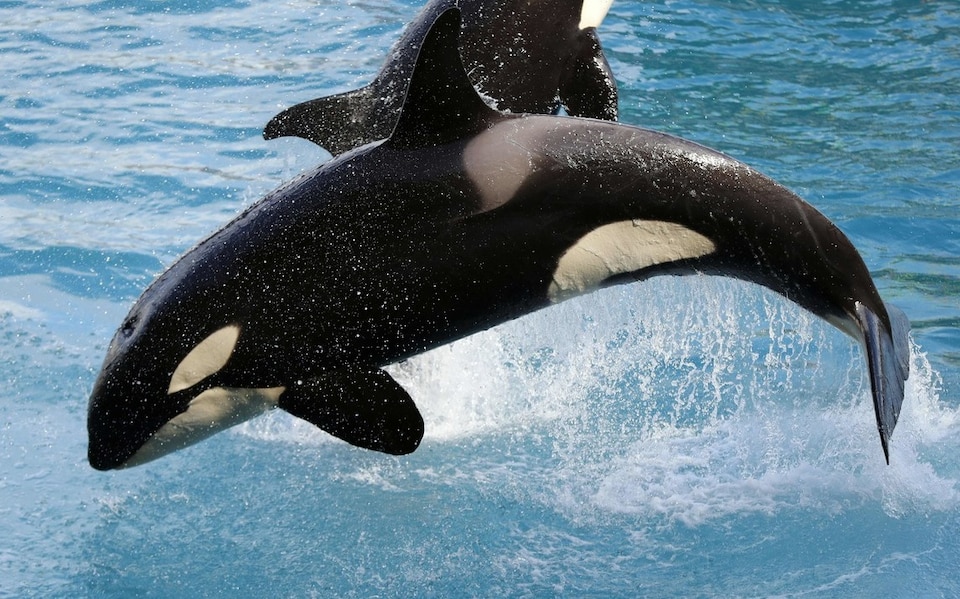First case of infanticide among the killer whales observed

Photo AFP
VAT New
Thursday, 29 march 2018, 10:05
UPDATE
Thursday, 29 march 2018, 10:05
Look at this article
Scientists in British Columbia have documented what appears to be the first reported case of killer whales killing a baby of the same species.
“We immediately understood that it was a remarkable event,” said Jared Towers, a researcher on the cetaceans in Fisheries and Oceans Canada, about the events, including himself, and two of his colleagues were witnesses in December 2016.
“We are studying the whales for years, on this coast, and everywhere in the world, and is almost never heard of killer whales have between them a aggressive behaviour”, he reported at the Guardian.
The details of this incident spectacular, have recently been published in the journal Scientific Reports.
The experts had moved to the north-east coast of Vancouver island after being made aware of all reports of killer whales in the region.
When they arrived on the scene, they discovered a group of whales, including a baby who seemed to be born for a few hours, according to what we read in the Guardian.
At the time when the scientists were on the point of leaving, they heard the sound of the splash of the unusual.
“This is where we have found that the small does back more to the surface,” says the researcher.
“We were horrified”
They then saw a male swim under their boat, the new-born baby in the mouth.
The researchers soon realized that they were attending to the interaction of two family groups: the family to which belonged the baby was attacked by a male 32 years non-related party and his mother.
“We started to realize that there was a hunt, and that these two whales had already attacked this group. It was fascinating, but we were also horrified.”
The male has refused to leave from the new-born.
In what the researchers described as a “infanticide” team, the mother of the assailant seemed to help the attack, maneuvering to repel the mother of the calf.
Finally, the mother of the baby has hit the male with such power that the fat of the animal trembled and shook like gelatin. “There was a huge splash and the blood gushed. It was the last lap.”
According to the researchers, the baby was probably already drowned at this time.
While cases of infanticide have been documented in animals such as lions or primates, such behavior had never been observed in killer whales.
The experts, however, did not notice anything that would indicate that the baby killer whale has been dismembered or eaten by those who had attacked him.
The discovery could significantly change the way in which researchers understand the social structure, the behavior and physiology of whales.






